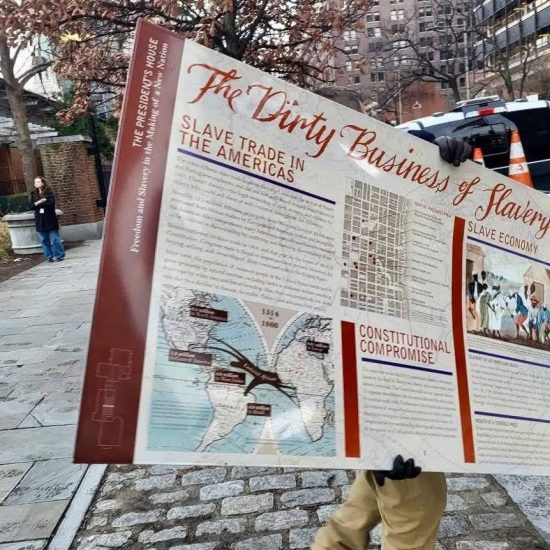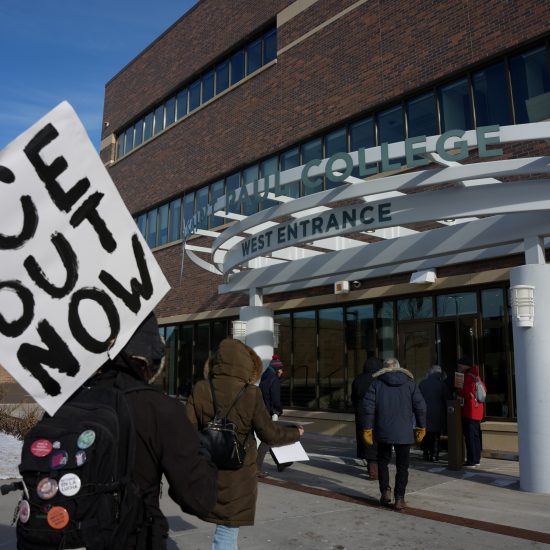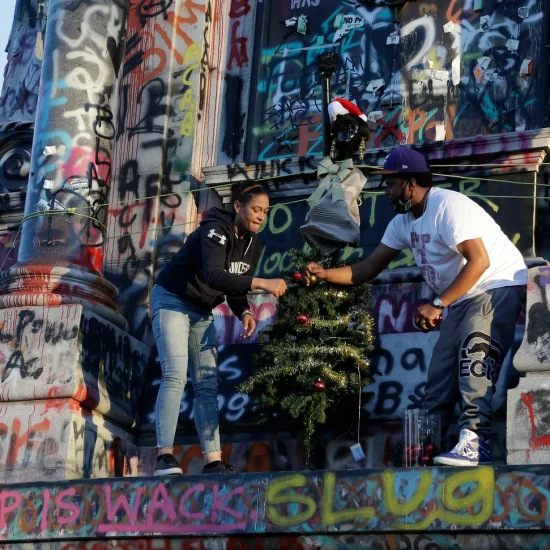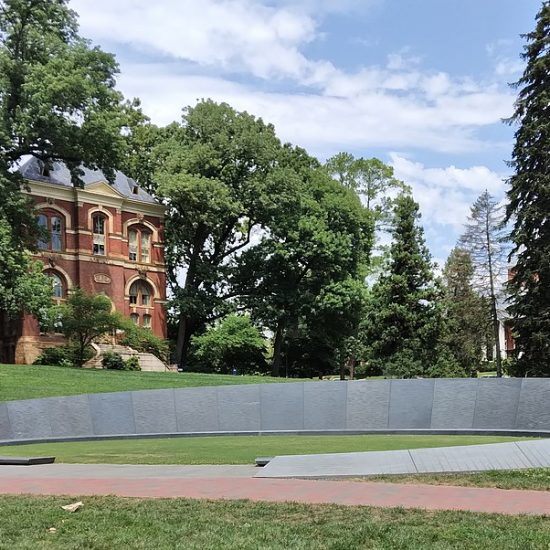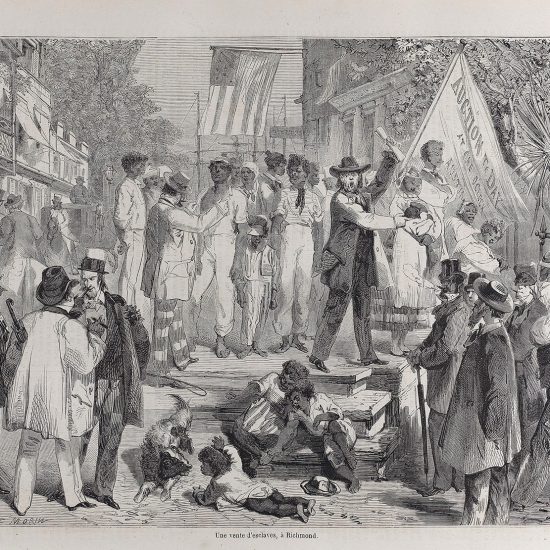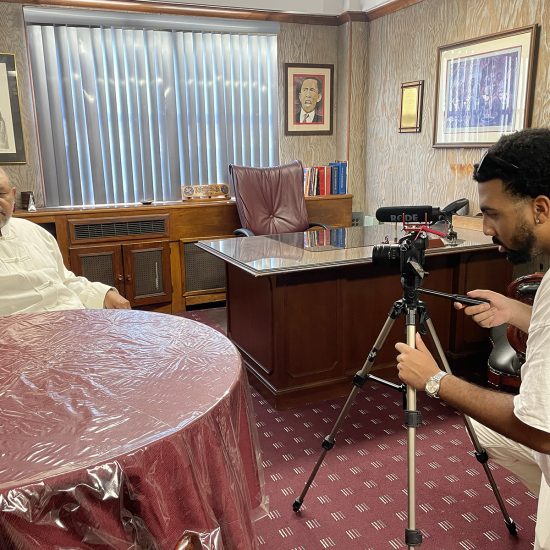By Bill Webb, Word&Way Editor
At least three Baptist groups that have met during the past few days have been touched by the memory of slavery in their  history. And such memories have sparked acknowledgement that the slave trade continues today on a large scale in many parts of the world.
history. And such memories have sparked acknowledgement that the slave trade continues today on a large scale in many parts of the world.
These Baptist gatherings took on historical significance. One was in Washington, D.C., where the Cooperative Baptist Fellowship and American Baptist Churches USA not only held their annual meetings but agreed to worship together and jointly sponsor two missionary couples. Both groups are looking for ways in which they can partner with each other and with other Baptist groups.
What is the slavery connection here? American Baptist Churches USA is the denomination that formerly was known as the Northern Baptist Convention, which came into being sometime after Baptists in America split into “Northern” and “Southern” Baptists. Northern Baptists reportedly favored a societal approach to missions; Southern Baptists, a denominational approach.
But in those years leading up to the Civil War in America, an important factor in the split — what Baptist historian Leon MacBeth called the main reason — was the issue of slavery. It came to a head over whether or not slaveholders would be appointed missionaries by the Home Mission Society. Strong voices in the North said they should not; strong voices in the South said the issue of slave ownership shouldn’t matter.
The result is that Baptists deeply committed to missions walked their separate ways in 1845, when the Southern Baptist Convention was formed. And the two groups have been effectively separated for more than 160 years.
American Baptists come out of the Northern Baptist tradition; CBF Baptists primarily out of the Southern Baptist tradition. American Baptists are not as large in number as they previously were, and the CBF is a growing remnant of the much larger Southern Baptist Convention. But continuing dialogue over ways to work together is seen as a welcome conversation by many weary of separation and looking for cooperation.
Attendees of the recent Baptist World Alliance meeting in Accra, Ghana, were confronted even more directly with the atrocity of the slave trade in Africa. During that historic meeting, a Jamaican descendant of slaves from the African continent — Neville Callam — was elected as the first non-American, non-European, non-white executive secretary of the worldwide organization of Baptist unions.
That action, certainly long in coming for the 102-year-old body of worldwide Baptists, was filled with irony because of its timing and location. Delegates to the BWA meeting made a visit to Ghana’s Cape Coast Slave Castle, a holding fortress for captured West Africans before slave ships carried them to the Caribbean and to the United States. As one Baptist editor described the setting:
“The castle stands on the coast, with waves crashing into the rocky shore no more than 50 yards from where the ceremony was held,” North Carolina Biblical Recorder editor Tony Cartledge wrote in his blog. “More than one person commented later on the haunting sound of the waves that must have struck terror into the hearts of those who forced to walk through what came to be called "The Door of No Return."
That band of Baptists — representing the nations of the world — made a commitment as they listened to the breaking waves and imagined the terror of slaves generations earlier. They were reminded that slavery still exists — in some parts of the world still thrives — and they pledged to seek its end.
Neville Callam, the new BWA leader, noted that “my ancestors were born somewhere on this great continent of Africa. They were rounded up and shipped to the West Indies, where they endured many years of enslavement. Then God emancipated both them and their oppressors.”
Declaring that his forefathers “encountered God who revealed to them the truth about their humanity and also God’s great love for them,” Callam said, “they found full freedom by the grace of the God revealed to us in our Lord and Savior Jesus Christ.”
Together, Baptists not only can confront the evils of our day, but they can bring the balm of hope and salvation to a world in dire need of God. Baptists will find greater success united than they will divided.

